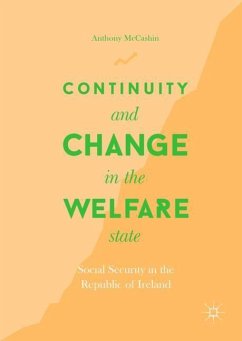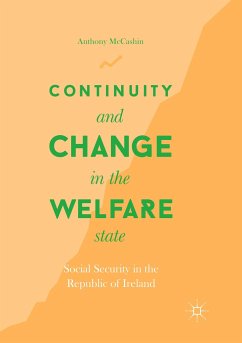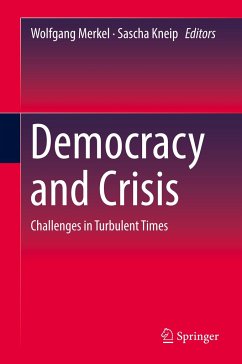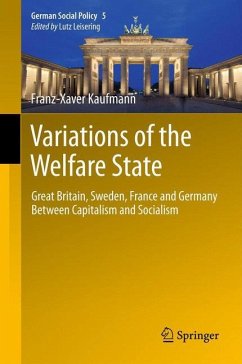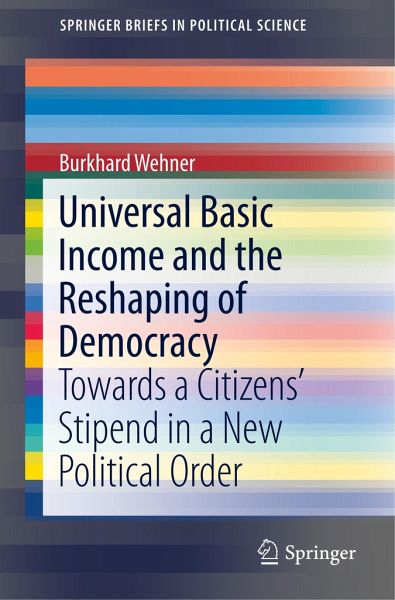
Universal Basic Income and the Reshaping of Democracy
Towards a Citizens' Stipend in a New Political Order

PAYBACK Punkte
19 °P sammeln!
How, where and when can a universal basic income be put into political practice? This book discusses these questions by analyzing the political logic of a basic income and its controversial political and scientific implications. The author studies the institutions, rules, and decision-making processes of conventional democracies to reveal an institutional framework in which a universal basic income for all citizens could eventually become politically viable. The work addresses a broad range of topics, such as nationwide experiments with a basic income, voters' support for the idea, and the eff...
How, where and when can a universal basic income be put into political practice? This book discusses these questions by analyzing the political logic of a basic income and its controversial political and scientific implications. The author studies the institutions, rules, and decision-making processes of conventional democracies to reveal an institutional framework in which a universal basic income for all citizens could eventually become politically viable. The work addresses a broad range of topics, such as nationwide experiments with a basic income, voters' support for the idea, and the effects of a basic income on business cycles and demographic policies. As such, it will appeal to anyone interested in the preconditions and implications of introducing a universal basic income.





